Wading through breakup grief, I’d hit the haziest stage of recovery, somewhere between lying horizontal in dark rooms, and shaving my head. Short of purchasing clippers, I’d resolved to write about wellness travel.
Clad in regulation white cotton pajamas in the Western Ghats of India, my lifestyle habits had been judged (hard) and my thoughts about aging, recalibrated. A vigorous wellbeing regimen had revealed my 34-year-old body to be pushing 40, metabolically. Confronting? Yes. Salvageable? Also yes. (More mindfulness, fewer cigarettes, and – my addition – no men). Next stop: I’d pull on my hiking boots for a flight out of sweltering Mumbai, to icy Tokyo.
Post-Covid, Japan dominates algorithms and bucket lists. Perhaps it’s looming mortality, but the world is taken with this nation that makes good living (and long living) seem effortless. I’d explore their ancient concept of “ikigai,” which loosely translates to finding a daily reason for being, and unlocking longevity through quiet purpose.
I connected to Hokkaido, the second-largest island of Japan, to begin eight days of snowshoeing past remote farmsteads and along clifftops. Something about strapping foreign objects to my shoes was appealing – an arbitrary challenge in tough conditions, that’s what satisfied people did, wasn’t it? Perhaps the mineral-rich hot springs awaiting me each evening would smooth my wrinkles.
Bopping around convenience shops had the immediate effect of an SSRI – in-store blenders whizz pre-chopped fruit, vending machines dispense hot tea, and strawberry sandwiches decorate the shelves. I stomped to the Kushiro Prince Hotel with armfuls of fresh mochi, steeled to shake hands with a group of strangers.
The lobby revealed my adventitious new family, twice my age. Rick the surgeon, George the calisthenics enthusiast, and Karen – “the least ‘Karen’ Karen,” she assured me. There were Andy and Andy, an Aussie couple celebrating 40 years of marital bliss, and Jean, continuing a tradition of adventures once shared with her late husband. “I wanted to see if I could still do it,” she shared.
Philip, just turned 80, established himself as my favorite, challenging group leader Yuta on trek lengths and hill gradients. “Have you heard of ‘tech neck’?” pressed Rick, interrupting my note-taking with medical concerns.
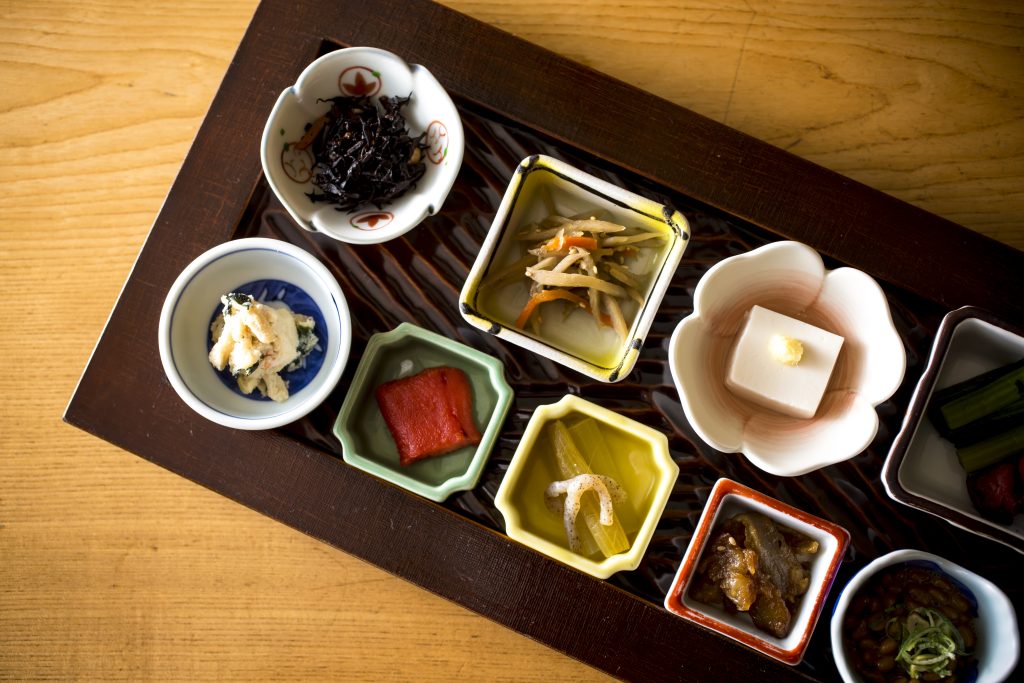
The initiation was characteristically direct: snow coverage would be unpredictable, even patchy in places. Climate change was happening. Aided by trains and coaches, we’d cover ground from Kushiro’s vast wetlands to Utoro, a hot-spring town on the western coast of the Shiretoko Peninsula. “These experiences won’t be available in the future. How do we go forward?” The same question I’d asked myself, raiding Mumbai sports shops for walking poles with snow baskets. “Remember, your center of gravity will be different. Make sure you relax. Widen your stance.”
We spied rare tancho red-crowned cranes before catching a local train to Ochiishi, slipping on ice between moored ships in an eerily remote fishing village. Days of snow crunching underfoot were punctuated by casually outstanding fish lunches, and long drives to new walking locations. Traipsing along a slippery boardwalk through Nemuro’s wintry landscape, I fell flat on my back, victim of a rotten plank. Stepping down into the snow-covered wetlands, ducking through gnarled trees, I discovered my friend Phil on all fours. “Don’t help me up! You have to keep me young!” A mutual-preservation society was forming fast.
“One nice thing is that this group has gelled in one day,” Yuta quipped, as I faced the wind, and held out my hand.
We shuffled single-file as deer, eagles and the odd fox provided the only company. Yuta shouted above the din: “Can I interest anyone in a hot beverage?!” Crouching behind a lighthouse, he dispensed cocoa and chocolate biscuits while our teeth chattered, and we blinked away spray from Pacific waves.
That night’s accommodation, a traditional Japanese inn with folded bedding on tatami floors, cozy yukatas (bathrobes), and communal onsen baths (strictly nude), lifted the spirits. “I could sit here all day,” Jean sighed, melting into 107-degree waters. Discovering Japan’s heated toilet seats, I’d thought the same. Strategic flannel placement for modesty brought the laughs. “I think there’s an art to it,” nodded Andy, matter-of-factly tackling nipple coverage.
A ceremonial dinner featured spiky, scarlet Hanasaki crab from southeastern Hokkaido. Hot pot, local fish and miso soup smoothed tired frowns while sake flowed. “This is ‘Shabu shabu’ – it’s an onomatopoeia,” Yuta explained, miming broth splashing. When Nick, our second guide, kindly entertained us with his bamboo flute, I feared my healing journey had overcorrected.
Philip cemented our friendship during a secluded forest walk. “Right now, we’re where bears fart,” he announced, surveying the vast emptiness. I loved him already. We rubbed 3,000-year-old volcanic ash between our fingers, surveying trees lying uprooted from poor soil. When Yuta showed us ‘Old man’s beard’ moss, the translation proved entertaining: “Men must drink this when they cheat on their wives.” “For… virility?” someone ventured. “No – the opposite.”
I asked Yuta about ikigai, and whether he’d found his telling Japan’s stories. “I love my job. You find something you enjoy, and become the best you can. It’s better if it helps other people. Plus I get to explore, sit in the onsen… and eat good food.”
“Have you been to the onsen?” I asked Phil on a long walk home, towards warmth. “Have I been to the Johnson?” he misheard, and I didn’t correct him.
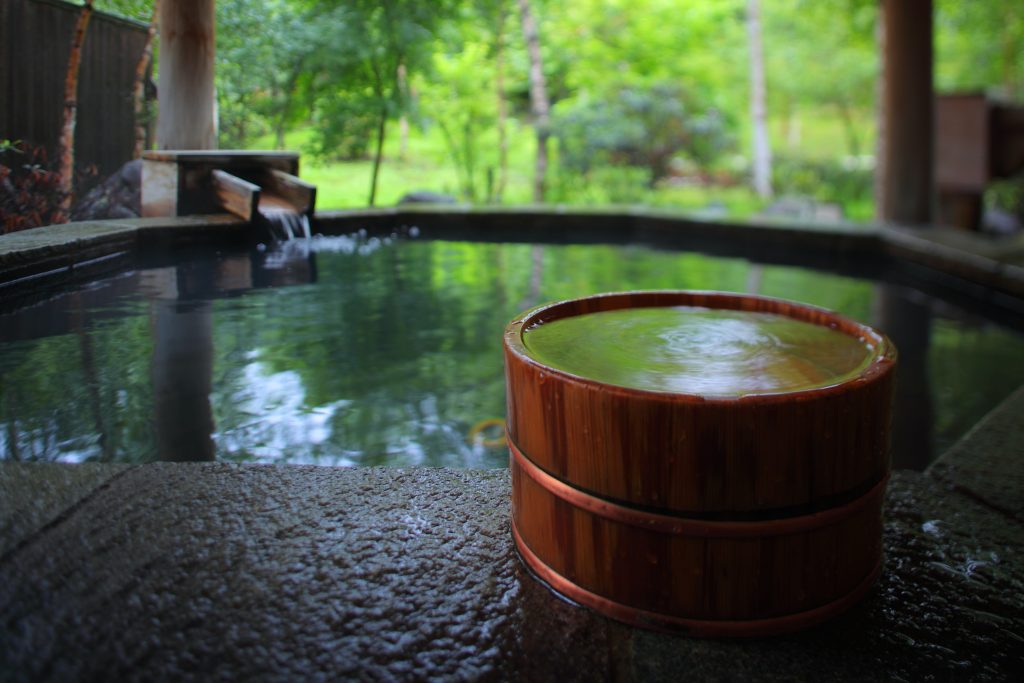
Later in the week, unseasonable temperatures thawed saltwater Lake Furen-ko, canceling plans of ice-fishing. The disappointment was palpable – it can’t be avoided, a warmer world is already reshaping traditional experiences. Yuyado-Daiichi Inn, our penultimate accommodation set within mountains and streams, helped matters. Surrounded by outdoor thermal baths worthy of Snow White, guests spot martens, squirrels and birds scampering past sparkling waters as snowflakes land on their noses. Though the rare Blakiston’s fish owl remained elusive, each animal sighting felt restorative.
Rock fish dinners were devoured entirely except for bones and eyes, served with scallop rice. Spirits couldn’t be dampened by a snowstorm canceling a walk around Lake Mashu-ko; too many fireside sakes inspired an impromptu yukata photoshoot. My inner Brit inevitably surfacing – blame the rice wine – I found myself joining a chant aimed at Rick “the Doc” to take his off completely. Yuta’s mortified shushing restored order in this land of quiet refinement.
More drinking awaited at Kitakobushi Shiretoko Hotel in Utoro, on the edge of the Sea of Okhotsk. Nobody complained about the sleek, bottomless lobby bar, nor the saunas facing the ocean for sunset. I found myself hitting the gym with Rick, George and Phil – not before Phil had rushed upstairs for his “emergency shorts.” “I want to live long and explore like him,” George nodded. So did I, I realized.
Post-treadmill, one of Phil’s better discoveries was the self-service booze counter, where he uncovered a whiskey his grandfather had worked on in Kentucky. “I can’t believe they have this. This is incredible.” I advised perhaps swerving the shots, after he spoke Spanish to the man frying tempura (“Si señor!”) and commanded the robotic tray collector whizzing around the concourse to “sit.”
Morning “jammies” (yukata) encounters starting to feel convivial, I realized I’d miss my new friends. Promising to attend Phil’s 81st birthday celebrations, I understood that ikigai isn’t found, it’s lived: putting one foot in front of the other. It’s really that simple.
For further information on Hokkaido Snow Tour please visit walkjapan.com. Priced from £3,252 (JPY 638,000) per person based on double occupancy.



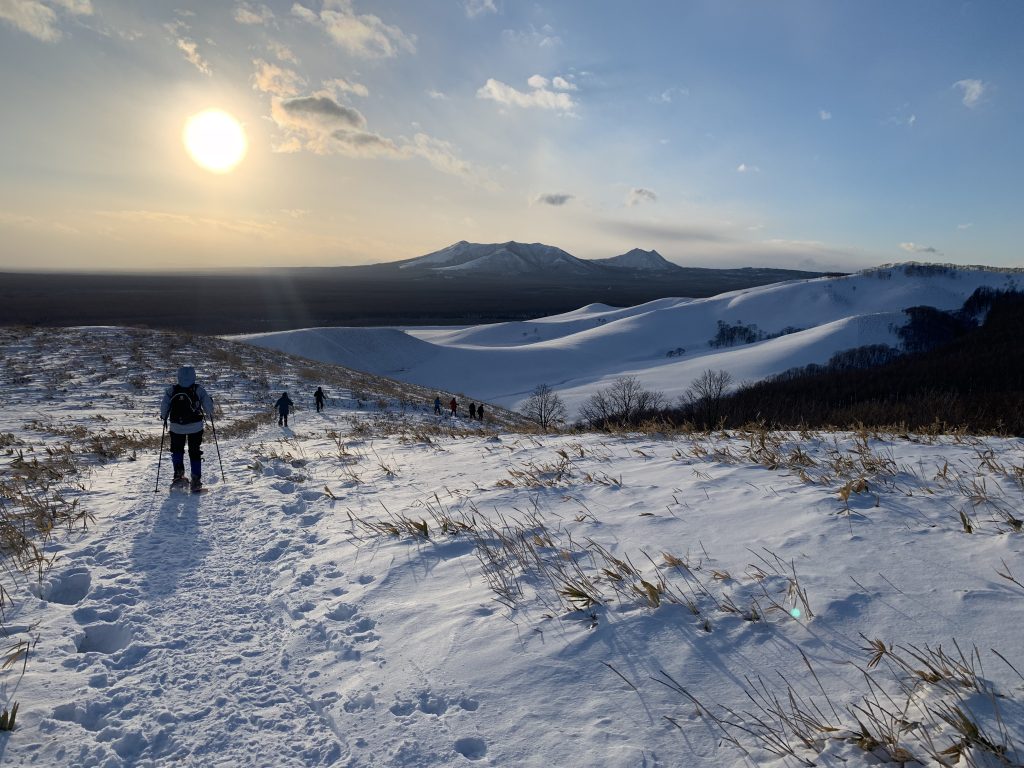







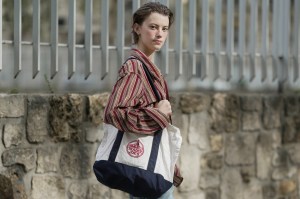
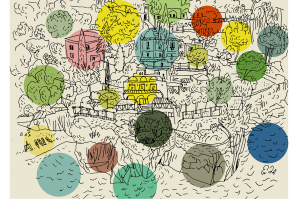
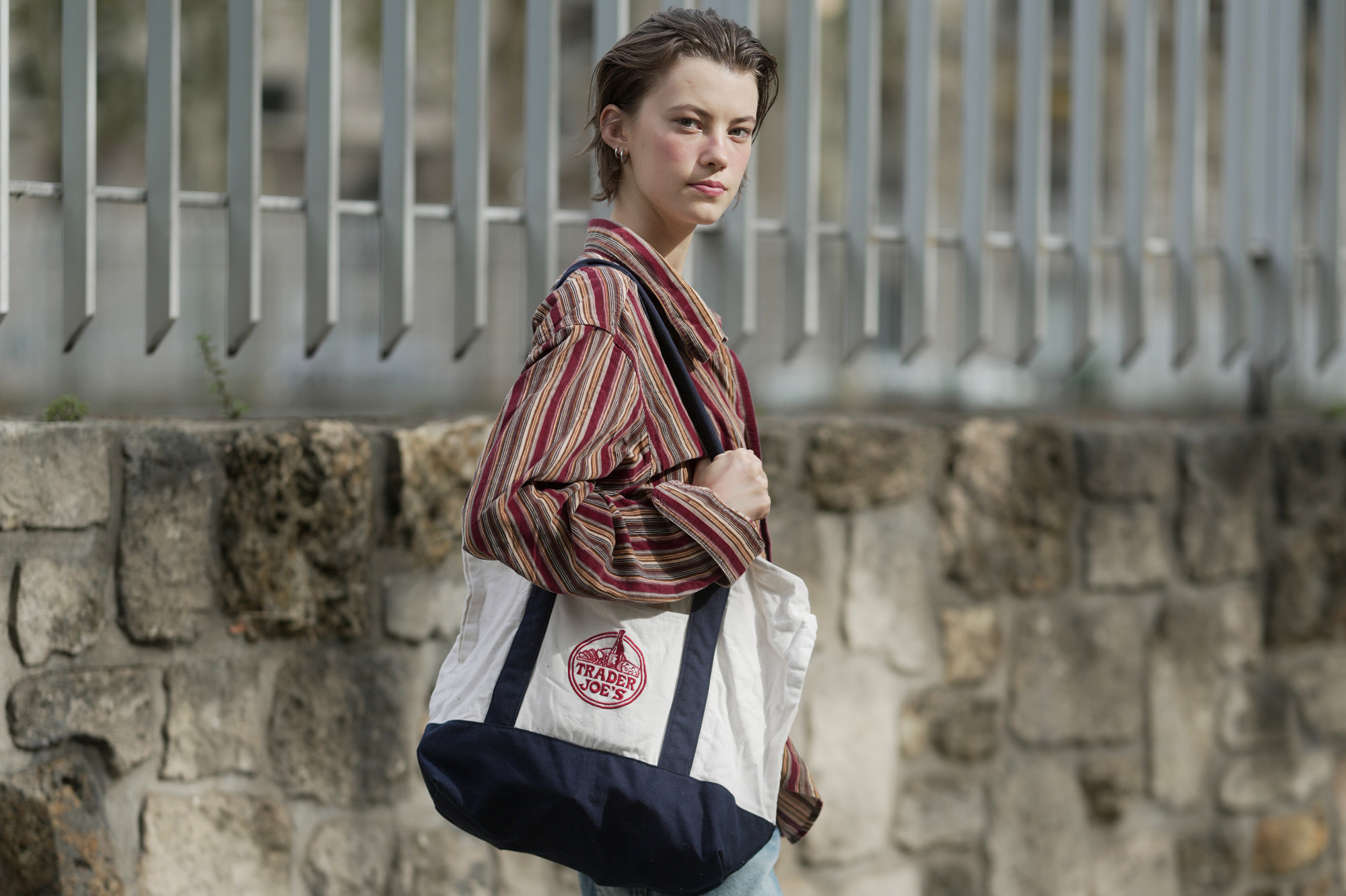
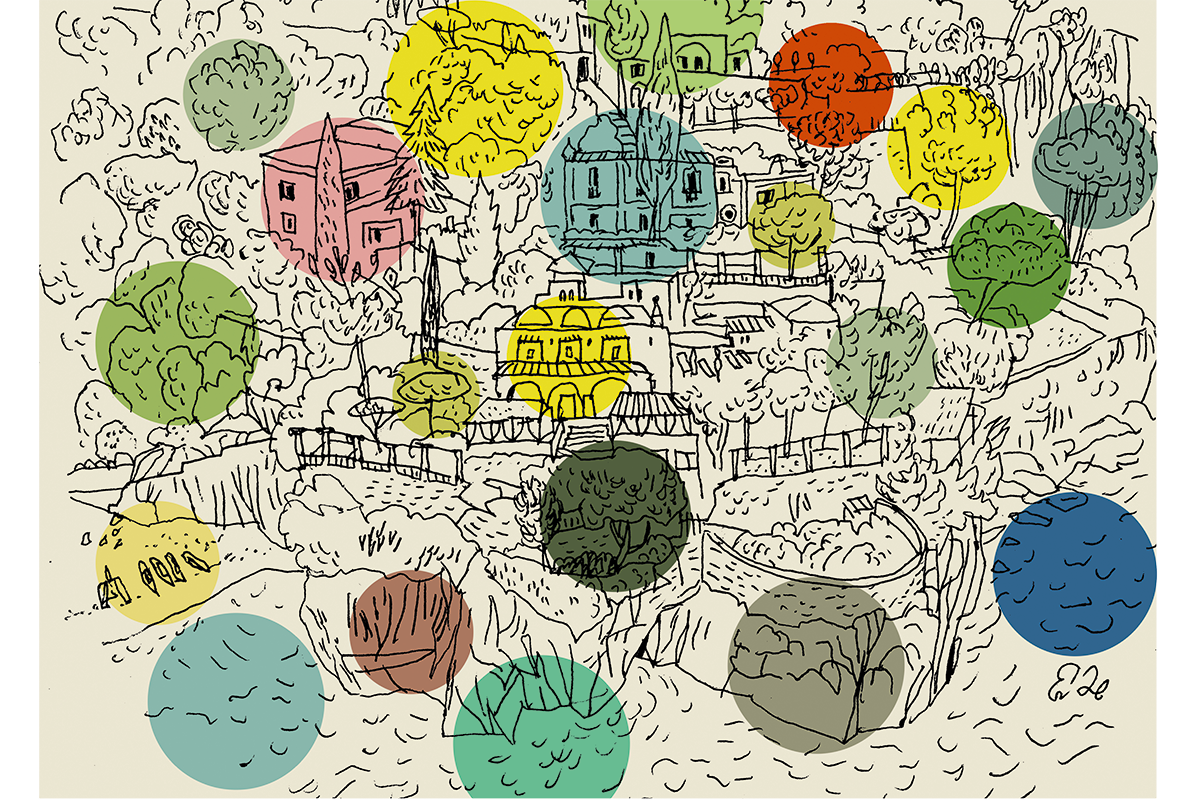
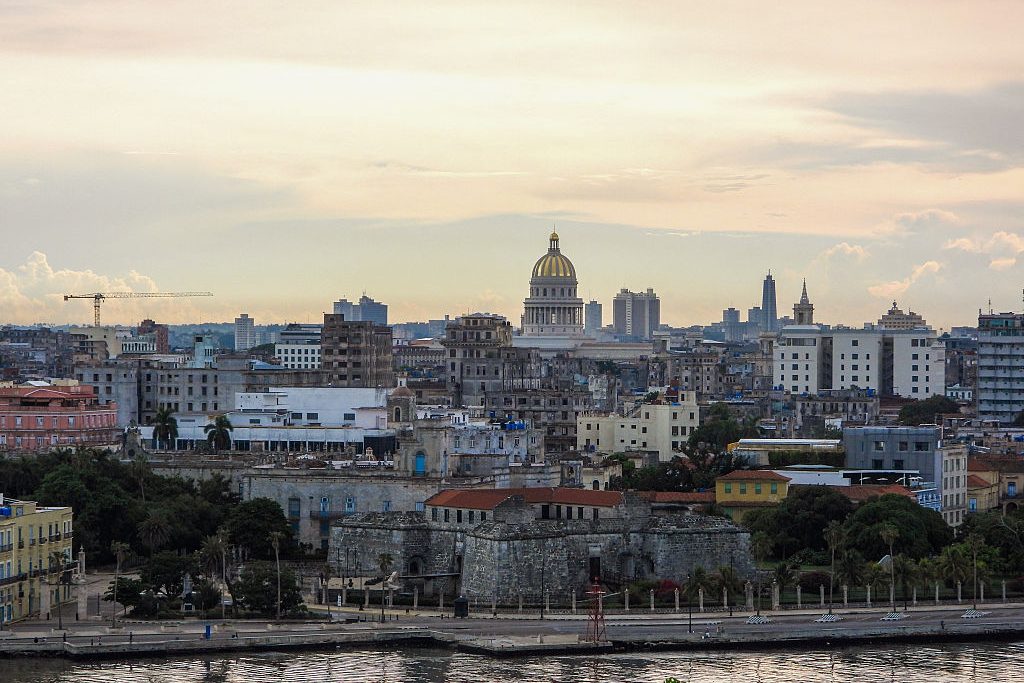

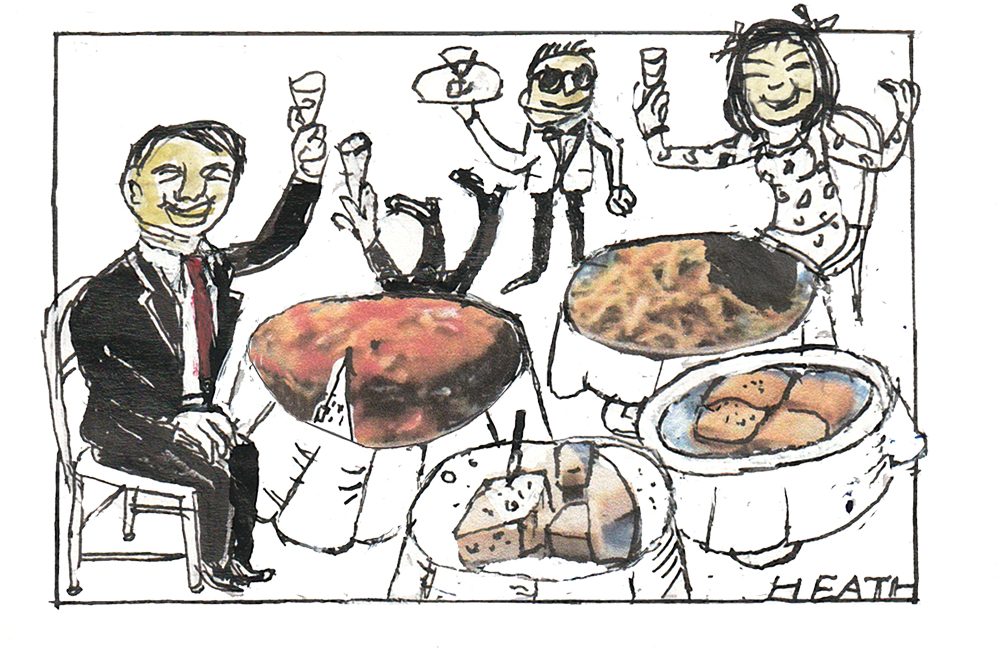
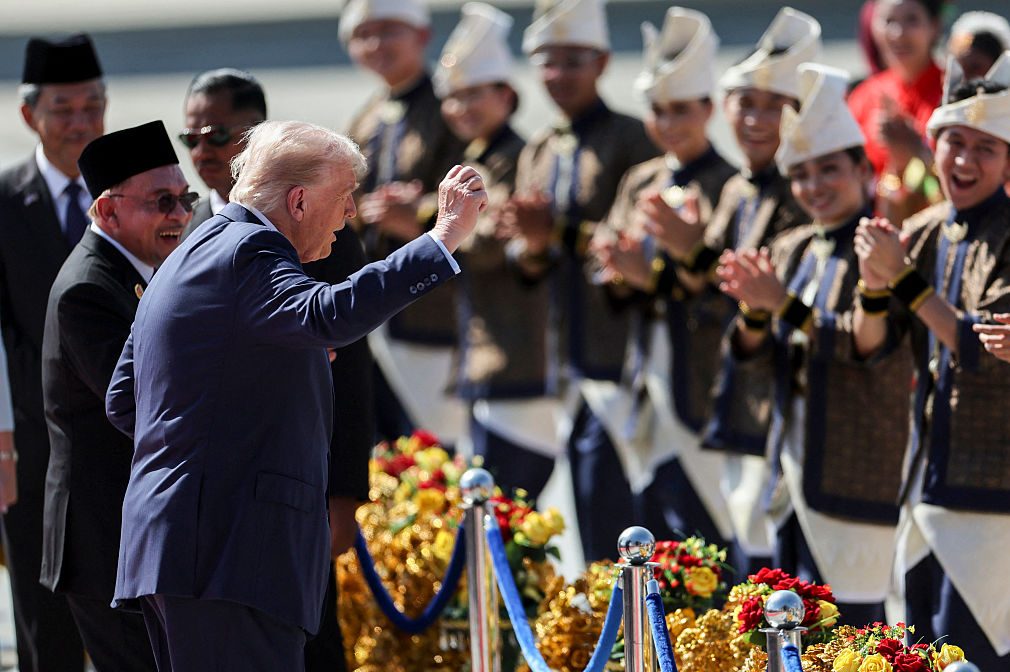







Leave a Reply